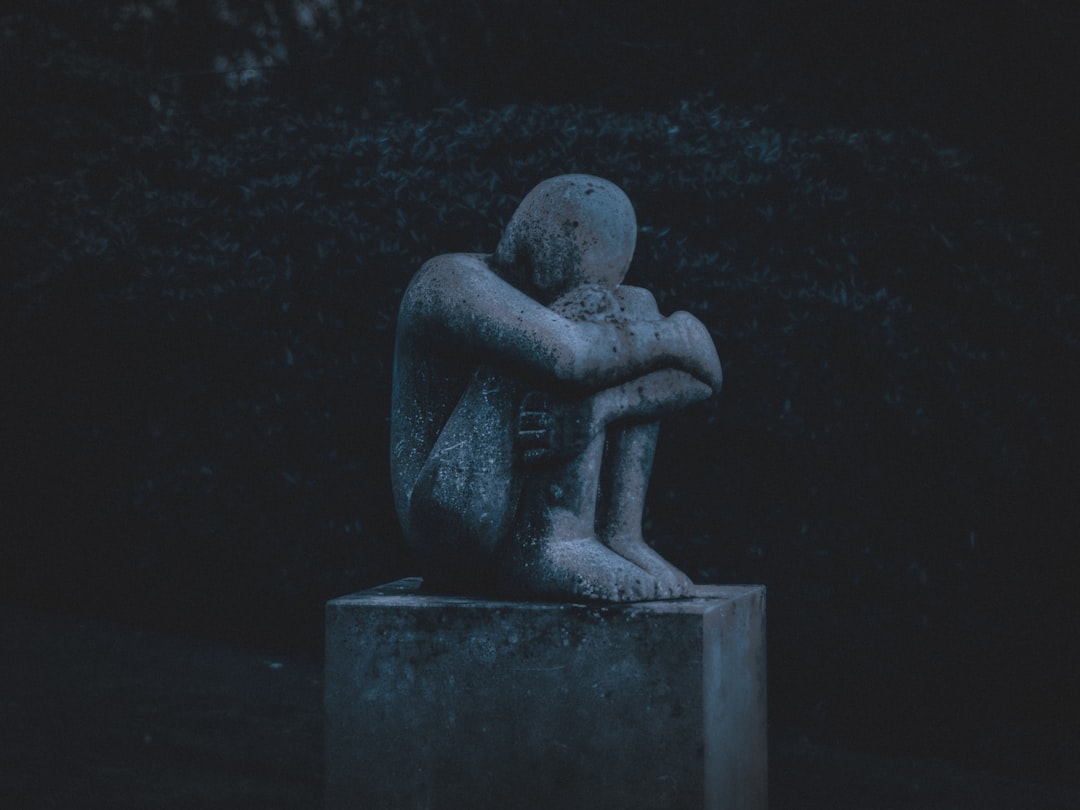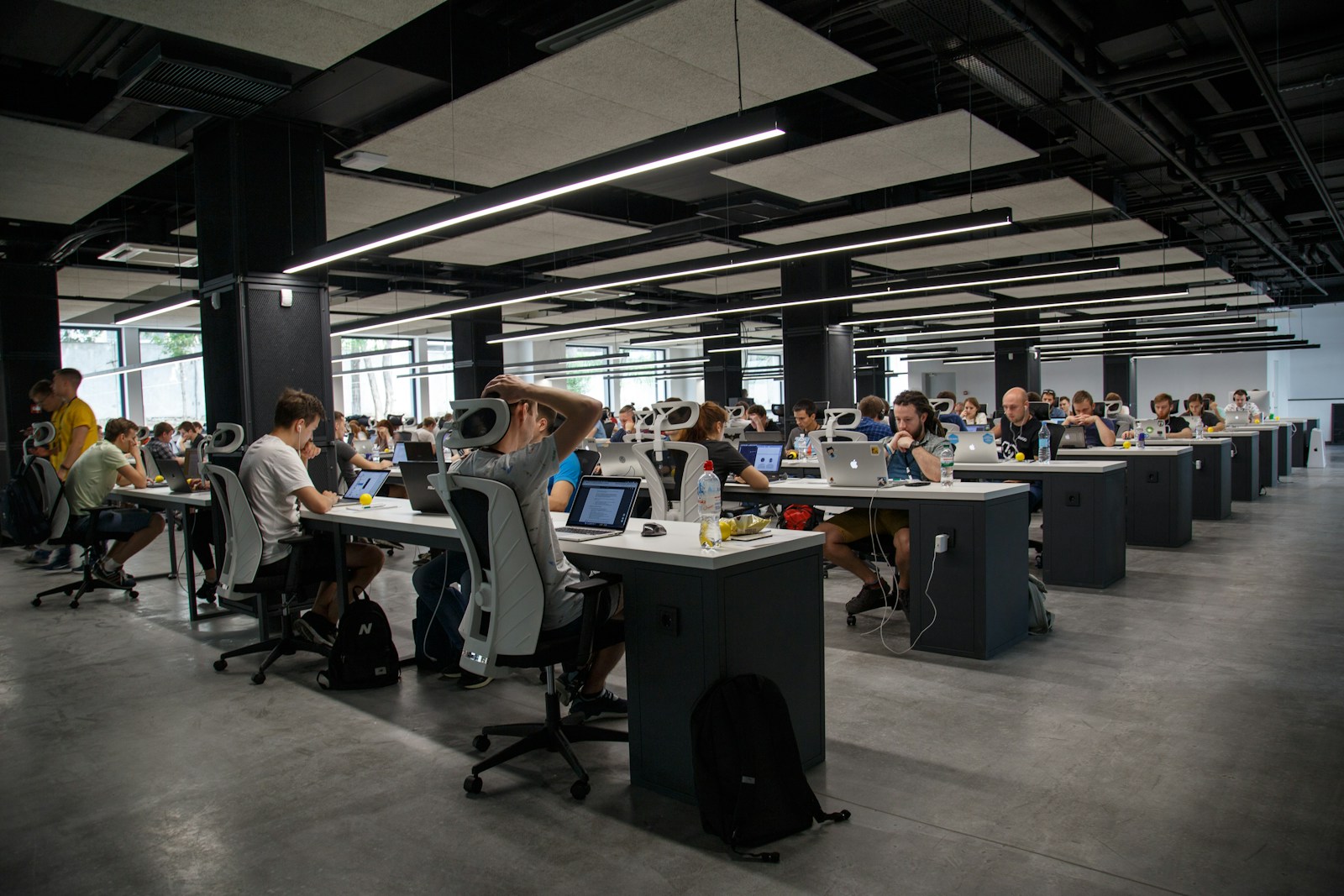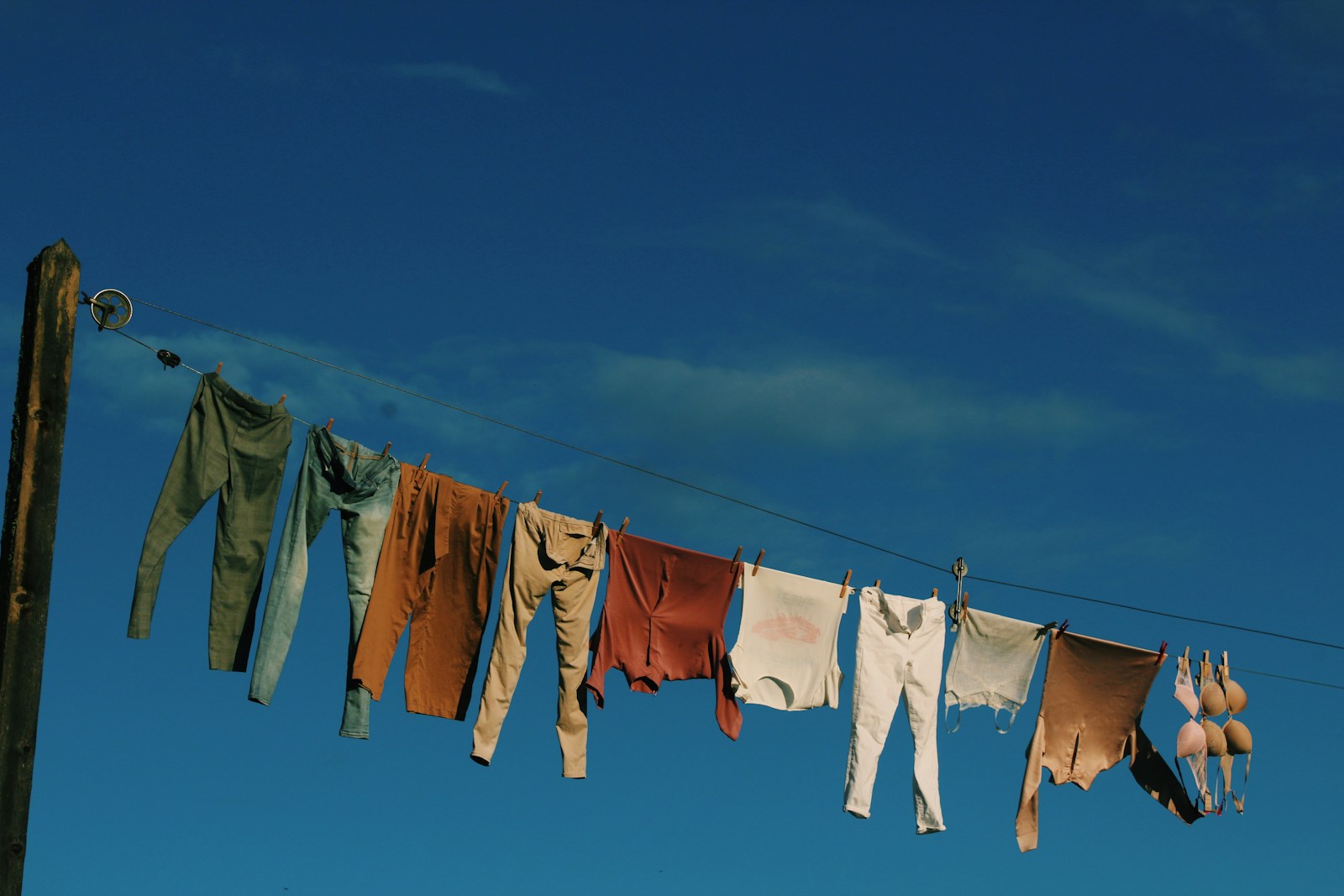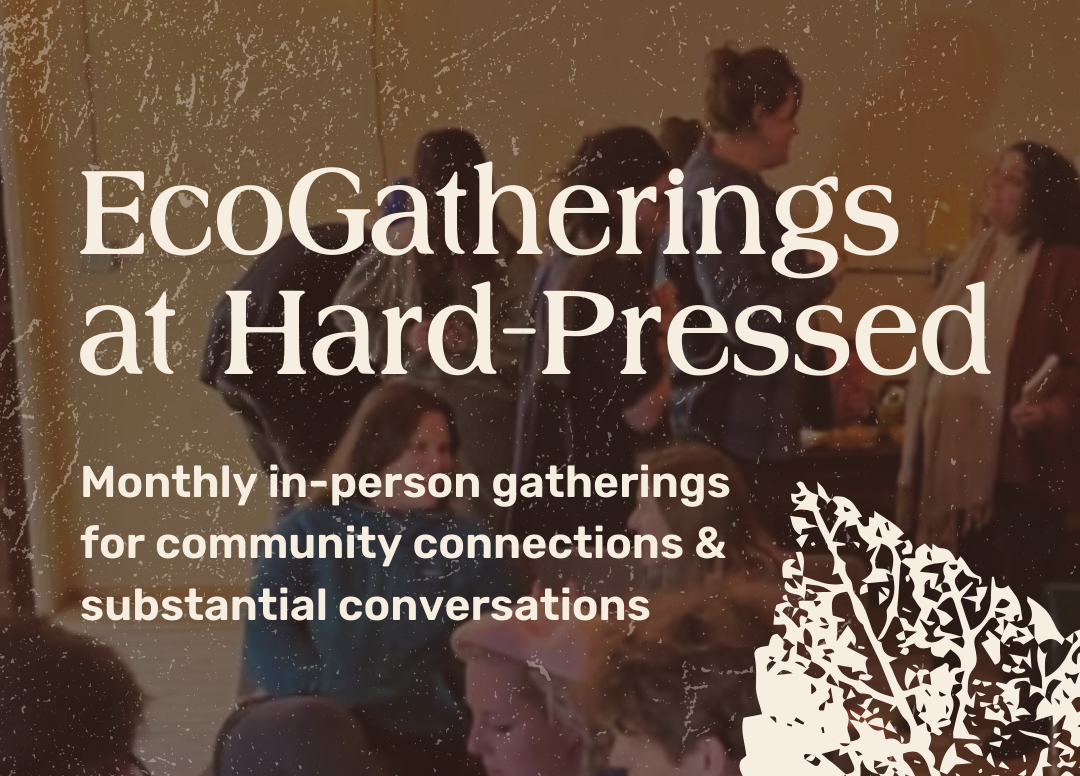Our exploration of work questions the differences between jobs, care, creation, production, and more. There is no question that in order to stay alive work needs to get done. It takes energy to grow photosynthetic leaves, forage for food, to hunt for prey, to sow seeds to harvest, to shop at the grocery store, or to make enough money to eat out at a restaurant. There are plenty of arrangements for doing the work of sustenance and subsistence. Most critters alive are responsible for procuring the energy to do work to stay alive themselves, or in collaboration with a group. But, in our modern human societies, many people are able to meet their needs by using someone else's energy without reciprocation. This is (or runs a very high risk of) exploitation.
We have already explored the processes of Primitive Accumulation and Enclosure that established capitalism and coerced people into meeting their material needs through wages rather than subsistence. This rift separated (or introduced a middle-step to) the work done for meeting materials needs. Indeed, the work done for wages is sometimes referred to as alienated labor. And under Capitalism, the alienated labor of workers is a key component to making profits, which mean that labor must be compensated at less than its true value. Because laborers receive less than the full value of their work, members of the working class who must work for another person or entity to earn wages so they can pay for the necessities are typically working in an inherently exploitative arrangement. (Degrees of exploitation vary tremendously, of course.) Additionally, capitalism relies upon – and is continually subsidized by – unpaid work in the so-called "informal economy" (or non-monetary economy). Think here of the work associated with maintaining a car for commuting, shopping for "work appropriate clothing," making and packing meals, and even the maternal labor of gestating the next generation of exploitable laborers. In this EcoGathering, we will explore the often invisibilized micro and macro examples of exploitation that result when the work we do to meet our material needs is exploited, and separated, or alienated, from the work we spend most of our lives doing.







